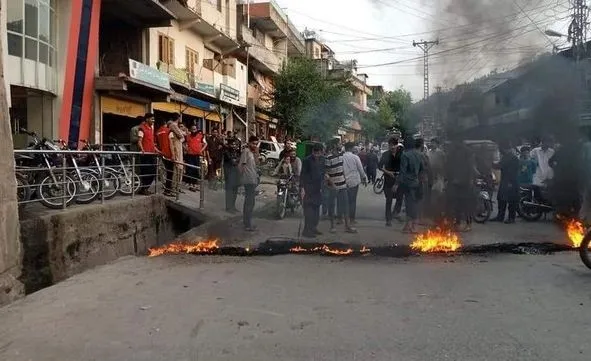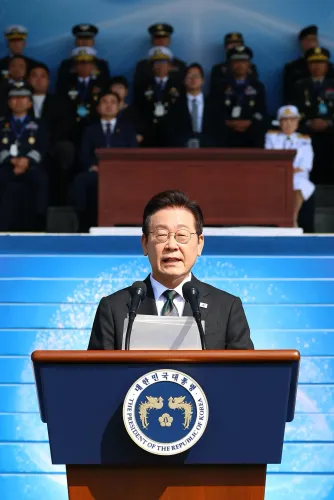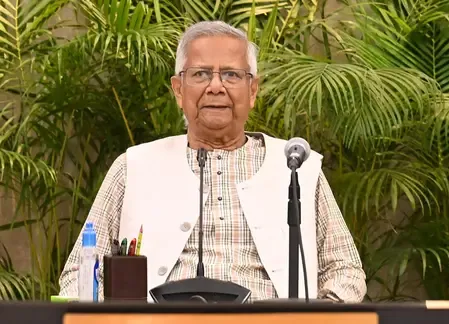Why Are Transports and Markets in PoK Shut?

Synopsis
Key Takeaways
- Shutter-down strike in PoJK reflects growing frustration among residents.
- Public Action Committee demands include critical reforms.
- Communication services remain disrupted, isolating the community.
- PoK suffers significant impacts from terrorism and state policies.
- Economic stagnation hinders development and foreign investment.
Islamabad, Sep 29 (NationPress) Residents of Pakistan-occupied Jammu and Kashmir (PoJK) participated in a shutter-down and wheel-jam strike on Monday, responding to a call from the Public Action Committee, which has submitted a 38-point charter of demands, according to local media.
Shops and public transport services were halted, leaving communication channels disrupted and fueling the growing frustration among locals over unresolved issues. Major commercial hubs, markets, and lorry depots in Muzaffarabad were closed, and reports from Pakistan's leading news channel, Samaa TV, confirmed a complete lack of traffic on the roads.
In PoJK, hotels and retail establishments also remained closed, with many classrooms empty as students stayed home due to the strike. Communication services, both internet and mobile, were suspended for the second day in a row, further isolating residents.
The Public Action Committee has articulated a 38-point list of demands, which includes calls to abolish the 12 reserved seats for refugees and revoking privileges enjoyed by the elite. They also announced plans to organize a rally later in the day.
The citizens of Pakistan-occupied Kashmir (PoK) endure immense human, economic, and psychological challenges, as the region is one of the most severely affected by terrorism in South Asia.
This dire situation was recently spotlighted during the 60th Meeting of the United Nations Human Rights Council (UNHRC) in Geneva, where speakers highlighted the suffering of PoK residents due to Pakistan's terror agenda, as reported recently.
Although the population of the region makes up a small fraction of Pakistan's total, they bear an outsized burden from terrorism, a fact now openly acknowledged by international indices and reputable NGOs. The 2024 Global Terror Index (GTI) noted that over 90% of global terrorism-related fatalities occur in conflict zones. Residents of PoK are not only victims of terrorist activities but also collateral damage in state-led counterterrorism efforts, as highlighted by Paul Antonopoulos in the Greek City Times.
Reports and available data indicate that the region is one of terrorism's most significant victims, suffering more than many other parts of the subcontinent. The persistent threat of violence has hindered developmental projects, relegating the area to one of South Asia's most underdeveloped regions. The continuous risk of attacks has deterred foreign investments and kept international aid organizations from pursuing significant infrastructure or economic initiatives, resulting in infrastructural decline and a lack of modern facilities.
Initiatives aimed at boosting tourism, enhancing healthcare, and advancing educational standards have faced repeated interruptions or cancellations due to militant activities, which have diverted public resources towards security rather than community welfare. The minimal benefits from any existing industries and tourism are often siphoned off by companies associated with the Pakistan Army, leaving local residents at a disadvantage.









